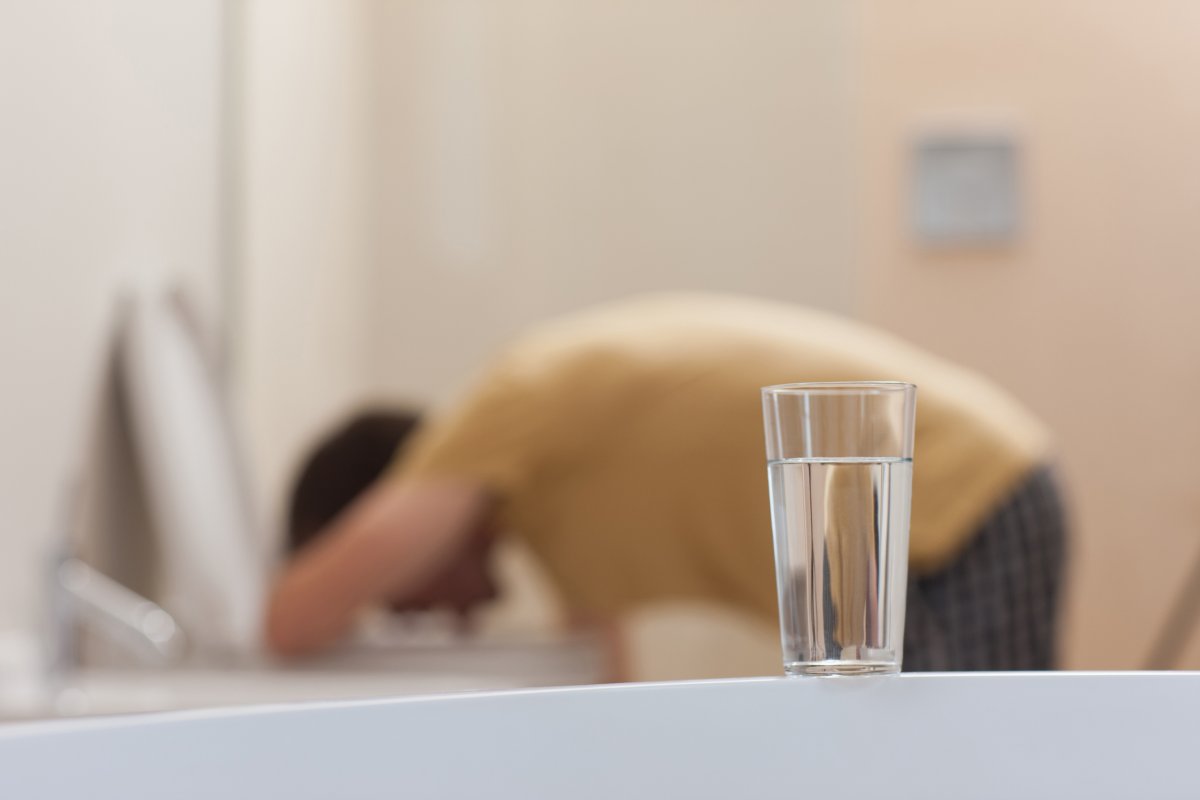There’s no other way of looking at it: hangovers can be miserable.

Whether you’re dealing with a bad headache, an upset stomach or scrolling through your text messages to make sure you didn’t send anything inappropriate, there really is no upside of the morning after getting drunk.
But if you live with anxiety and you’re constantly worrying about how others view or judge you, a hangover can be worse, experts say.
Coined “hangxiety,” a term that has been seen everywhere from Reddit threads to news articles, the term is exactly what it sounds like — having anxiety while you’re hungover.
READ MORE: Mild anxiety can get worse — here’s why you shouldn’t ignore it
As SELF notes, while not everyone feels a sense of anxiety when they are hungover, it could be a common symptom of a hangover.
“Hangxiety is more prevalent for people who are prone to anxiety, especially those who use alcohol as a social lubricant to quell their nerves,” the site notes.
What hangovers feel like
Dr. Catherine Paradis, a senior research and policy analyst at the Canadian Center on Substance Use and Addiction, says there are symptoms most people feel when they are hungover.
- Canadian man dies during Texas Ironman event. His widow wants answers as to why
- Several baby products have been recalled by Health Canada. Here’s the list
- ‘Sciatica was gone’: hospital performs robot-assisted spinal surgery in Canadian first
- Do Canadians have an appetite for electric vehicles? Experts are divided
This can include fatigue, distress, muscle pain, and headaches — the common signs we’re all aware of.
But she adds when you’re blood alcohol is even higher, you get more unpleasant symptoms. “This can include loss of appetite, nausea, vomiting and diarrhea,” she says.
READ MORE: Dating someone with social anxiety isn’t easy — here’s how to make it work
She adds other symptoms include increased activity in the sympathetic nervous system. “When you wake up in the morning, there is increased blood pressure, tremors or rapid heart rate,” she tells Global News. “Where I think it becomes interesting is that we know people who are prone to anxiety and panic attacks feel these symptoms more.”
But she also points out it can be a vicious cycle: people who are overly anxious can also feel these heart-related symptoms and have a hard time separating hangovers with their anxiety in general.
The added problem of alcohol
Rose Marie Donovan, a registered psychotherapist of Alliance Psychotherapy Services based in Toronto, says people with anxiety may also use alcohol to self-medicate any problem they don’t want to deal with.
“If something is troubling them, substance abuse, whether it’s alcohol or drugs, is the route most people go,” she tells Global News. “Alcohol can affect the brain’s chemistry and someone with anxiety can be more reactive.”

She says often, during the hangover, someone with anxiety can go through multiple scenarios of what they did or said, and question every decision they made the night before and how this changes their character. And while most symptoms of hangovers can last a day or two, these worrisome thoughts can last for days.
Should I stop drinking?
While not drinking alcohol seems like the obvious answer, it’s not always easy. Donovan says it’s often not just about the alcohol, individuals with anxiety who drink are often numbing something else.
She suggests telling those close to you to help your monitor your intake and reaching out for professional help if symptoms worsen.
READ MORE: ‘High-functioning’ anxiety is not a diagnosis, but many say it’s real
Paradis says the other issue is how well accepted alcohol has become, and how it coincides with being social.
She recommends drinking non-alcoholic beverages in-between and cutting back on one glass to see if your hangovers improve.
“If you suffer from anxiety, you might want to be extra careful. If you think alcohol is helping you cope, it’s going to have a significant negative impact on yourself.”




Comments